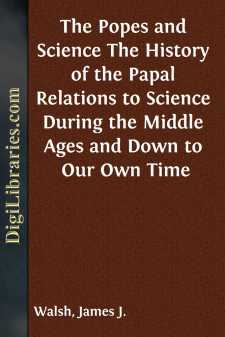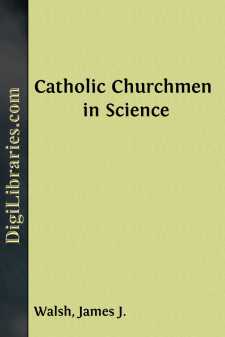Categories
- Antiques & Collectibles 13
- Architecture 36
- Art 48
- Bibles 22
- Biography & Autobiography 815
- Body, Mind & Spirit 144
- Business & Economics 28
- Children's Books 18
- Children's Fiction 14
- Computers 4
- Cooking 94
- Crafts & Hobbies 4
- Drama 346
- Education 58
- Family & Relationships 59
- Fiction 11833
- Games 19
- Gardening 17
- Health & Fitness 34
- History 1378
- House & Home 1
- Humor 147
- Juvenile Fiction 1873
- Juvenile Nonfiction 202
- Language Arts & Disciplines 89
- Law 16
- Literary Collections 686
- Literary Criticism 179
- Mathematics 13
- Medical 41
- Music 40
- Nature 179
- Non-Classifiable 1768
- Performing Arts 7
- Periodicals 1453
- Philosophy 65
- Photography 2
- Poetry 896
- Political Science 203
- Psychology 44
- Reference 154
- Religion 515
- Science 126
- Self-Help 85
- Social Science 82
- Sports & Recreation 34
- Study Aids 3
- Technology & Engineering 59
- Transportation 23
- Travel 463
- True Crime 29
Our website is made possible by displaying online advertisements to our visitors.
Please consider supporting us by disabling your ad blocker.
The Popes and Science The History of the Papal Relations to Science During the Middle Ages and Down to Our Own Time
by: James J. Walsh
Description:
Excerpt
A new edition of this volume being called for, I take the occasion to place it under the aegis of the University of Notre Dame as a slight token of gratitude for the formal recognition of the work by the faculty of that institution, and bind this Notre Dame edition in the University colors, blue and gold.
There is much more readiness at the present time to accept the conclusions with regard to the relations of the Popes and science here suggested than there was when the book was first published. Knowledge of the general history of science has grown very materially in the last ten years. Every increase in historical knowledge has shown more and more clearly how utterly without foundation were many ideas which had been very commonly accepted, particularly in English-speaking countries, on the subjects here discussed. The supposed opposition to the development of science on the part of the Popes and the Church is now readily seen to have had no existence in reality, and popular notions on the subject were due entirely to ignorance of the history of science. There was supposed to be no scientific development and no nature study until quite recent times. The generations immediately preceding ours knew of none, and therefore concluded there must have been none. They went even farther, and felt that since there had been none, there must be some special reason for this lacuna in human progress. The Church and the Popes were the favorite scapegoats for human failings, so they were blamed. Now we know that there was a magnificent development of science, not only in the Renaissance period under the fostering care of the Popes and ecclesiastics, but also during the old university times. What has come above all to be recognized is that the medieval universities were scientific universities. They paid more attention to the ethical and philosophical sciences than we do, but they devoted a great deal of time to mathematics and the physical sciences. Mr. Huxley, in his inaugural address as Rector of the University of Aberdeen, declared thirty years ago that the curriculum of these old universities was better calculated to develop the many-sided mind of man than the curriculum of any modern university. Above all, in surgery and in medicine they did magnificent work. Anaesthesia, antisepsis, and the natural methods of cure were all anticipated in the medieval time. At the International Congress of Medicine last summer, a section on the history of medicine was organized because it has come to be recognized that very much that is even of practical value can be learned from medical history.
The fact of the matter is that during the eighteenth and early nineteenth centuries there was a great decadence of interest in scholarship and true education. There is a distinct descent in human culture at this time. Education was at its lowest ebb, hospitals {iv} were the worst ever built, art and architecture were neglected, and human liberty was so shackled that the French Revolution was needed to lift the fetters from men's minds as well as bodies. They, in their ignorance, spoke slightingly of old-time scholars. During the past century we have come to a better knowledge of the Middle Ages, and he is indeed a backward student of history who now thinks of them as "dark." Our millionaires have gathered, at immense expense, magnificent examples of the arts and crafts and beautiful books of the medieval and Renaissance periods....



